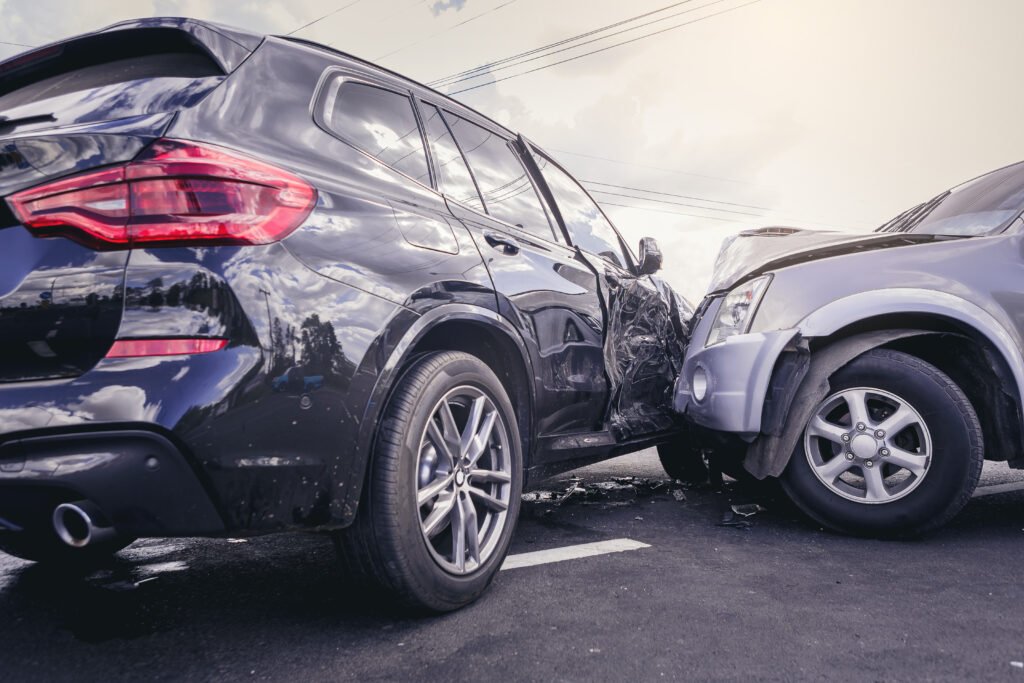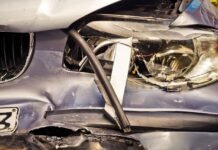
Car accidents can strike anytime and anywhere. It can happen to anyone, even to the most careful of drivers. If you’ve ever taken a detour to avoid an accident-prone area, you’re doing a good job of protecting yourself from disaster. However, avoiding a particular time is much more difficult than avoiding a place. With many factors at play at any given moment, it’s an almost impossible task to predict when an accident is likely going to happen.
If you get into a road accident, there’s an increased risk of injury, loss of property, and damage to the environment. It’s even worse if there are other motorists involved and you’re at fault. At the very least, you’ll have to deal with your insurance company and an auto injury lawyer for settlements. Such process can be extremely stressful, especially if you’re already dealing with the stress inherent in being involved in a car accident.
To avoid any such mishap, it’s crucial to know what kind of situations factor into the occurrence of a car accident. It’ll be easier to keep an eye out once you’ve figured out when these situations are likely to take place.
Environmental Factors Throughout The Day
According to a recent report by the National Highway Traffic Safety Administration, the highest numbers of fatal crashes for the past two decades fell on Friday, Saturday, and Sunday. Moreover, accidents peaked during three timeframes: 3 PM to 6 PM, 6 PM to 9 PM, and 9 PM to midnight. From these statistics, it can be deduced that the most dangerous time to drive falls on weekend rush hours.
The more vehicles and motorists there are on the road, the higher the risks of a traffic collision. It’s also common knowledge that it’s much more dangerous to drive during nighttime due to decreased visibility. Not everyone can quickly and efficiently adjust to changes in traffic flow in low light.
Poor weather conditions also contribute to road accidents. Driving during wintertime, heavy rain, or high winds can make your car more susceptible to breakdown and impair your driving ability. Interestingly, weather-related accidents happen more frequently during the day than at night. It just shows how the force of nature is inescapable even in broad daylight.
Time Vs Behavioral Changes
Apart from light and weather conditions, human error is another leading cause of car accidents. If you consider the findings above, you can make sense of how those timeframes and situations translate into reckless driving. For one, you tend to be more tired and less alert from the afternoon onwards, as compared to driving in the early morning. It makes you drive less defensively and be more prone to distractions on the road.
Rush hours can also cause stress and impatience. You might be tempted to neglect proper driving habits and traffic rules just to get to your destination more quickly. Reckless behavior most commonly happens during the weekend though. This is when merriment and drinking are usually done, so the possibility of drunk driving accidents instantly skyrockets, regardless of where you are in the world.
Safety Has No Time Out
You don’t always have control over what happens on the road when you hit it. No matter what day or time it is, taking safety precautions is still your best defense. Full awareness of your surroundings and upholding road rules go a long way in minimizing the risk of a car accident.



